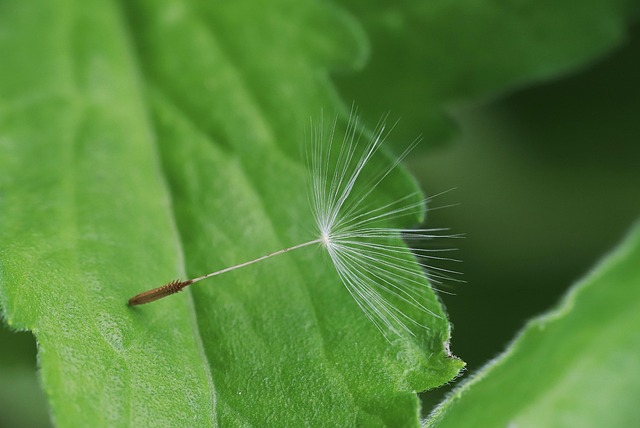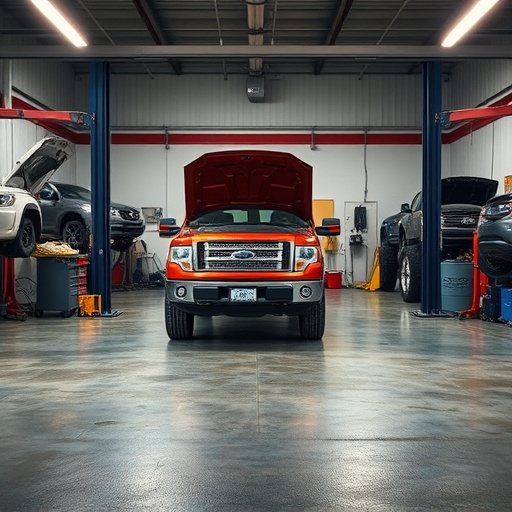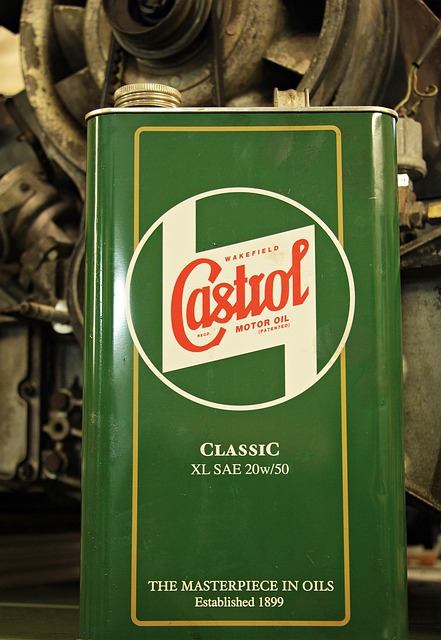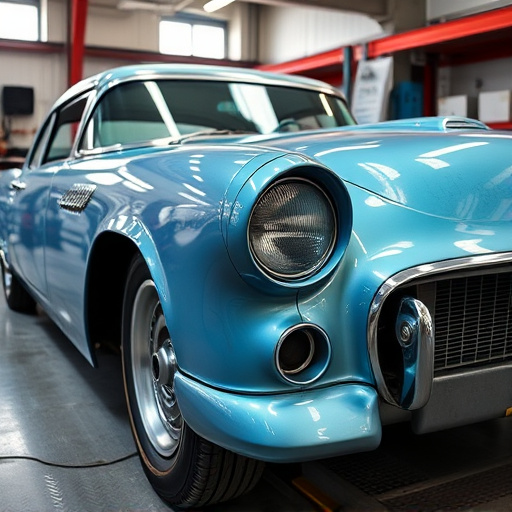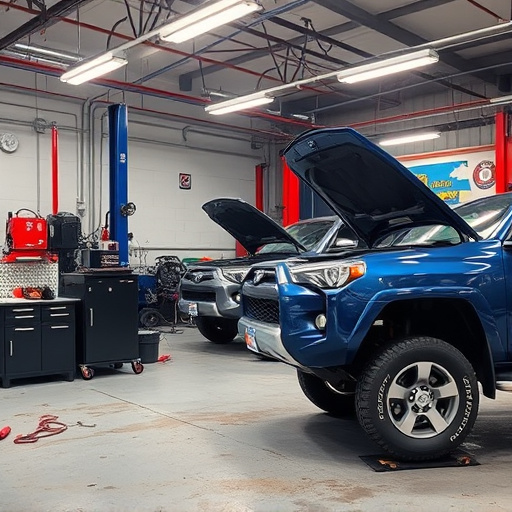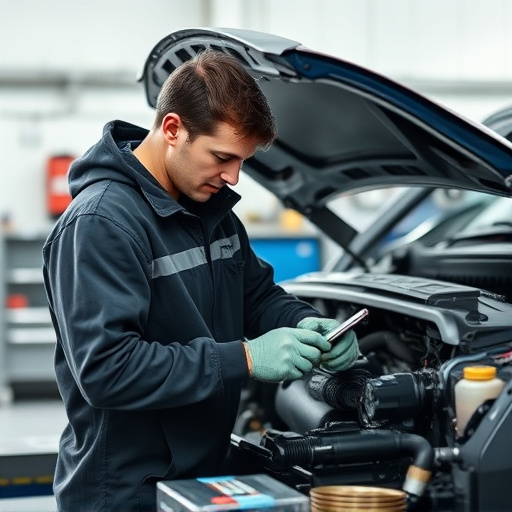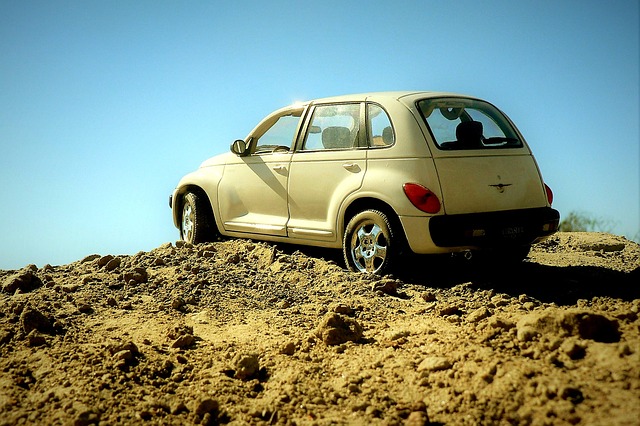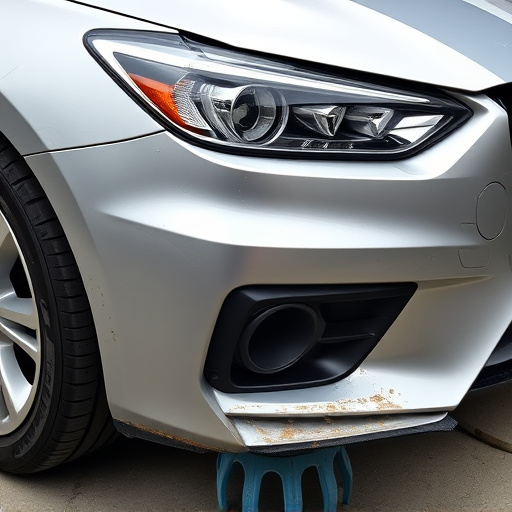Collision damage repair shops are adopting sustainable practices by using eco-friendly materials like bio-based plastics and closed-loop recycling systems, reducing environmental impact and long-term costs. They offer green paint, recycled components, and advanced dent repair technology, catering to environmentally conscious consumers. Green initiatives include recycling metal scraps, plastic parts, and choosing eco-friendly supplies, ensuring efficient, responsible repairs while minimizing ecosystem strain.
In the realm of collision damage repair, environmental practices are no longer an option but a necessity. As the industry navigates the bustling landscape of sustainability, adopting eco-friendly techniques and materials is not just a trend but a game-changer. This article delves into sustainable material management in shops, explores eco-conscious collision repair methods, and highlights strategies to minimize waste, ultimately contributing to a greener future for the industry and our planet.
- Sustainable Materials Management in Shops
- Eco-Friendly Techniques for Collision Repairs
- Reducing Waste: A Green Approach to Damage Repair
Sustainable Materials Management in Shops
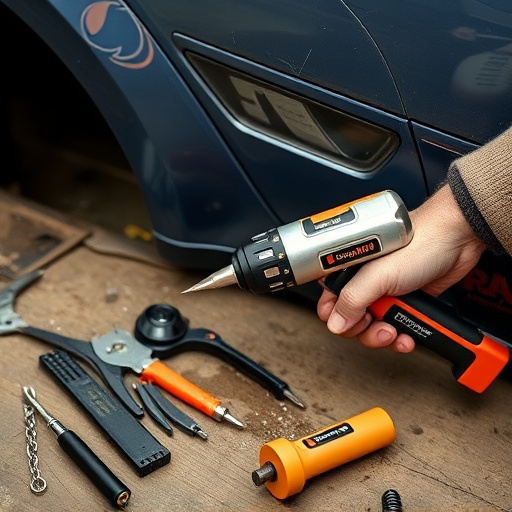
Collision damage repair shops play a significant role in promoting sustainable practices by adopting eco-friendly materials management strategies. These include using recycled and biodegradable components whenever possible, such as replacing traditional plastic parts with bio-based alternatives. Many shops are also integrating closed-loop recycling systems, ensuring that waste materials from the automotive restoration process are repurposed or reused, minimizing the need for virgin resources.
By prioritizing sustainable materials management, collision repair shops contribute to a reduced environmental footprint and promote circular economy principles. This approach not only benefits the planet but can also lead to cost savings in the long run as it reduces reliance on non-renewable resources. Additionally, offering eco-conscious fleet repair services aligns with growing consumer demands for greener options, positioning these businesses as responsible leaders in the industry.
Eco-Friendly Techniques for Collision Repairs
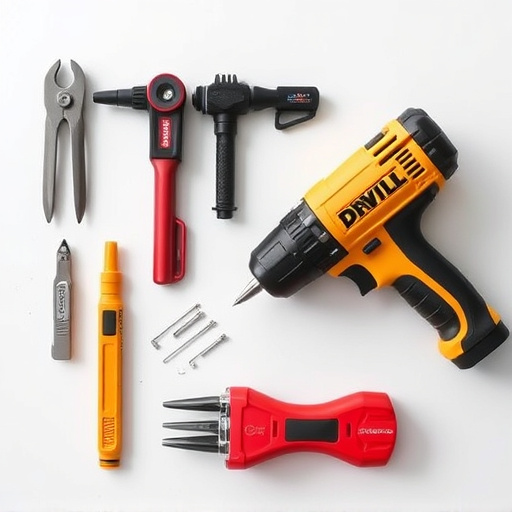
Collision damage repair shops are increasingly adopting eco-friendly techniques to reduce their environmental impact. One such innovation is the use of sustainable materials and resources in auto body repairs. For instance, many car body shops now offer options for green paint that minimizes volatile organic compounds (VOCs), contributing to cleaner air and a healthier environment. Additionally, they utilize recycled and biodegradable components whenever possible, from car body panels to interior trim. These practices not only benefit the planet but also promote a circular economy by reducing waste sent to landfills.
Another notable trend in collision repairs is the emphasis on minimizing waste and maximizing recycling. Shops are implementing efficient processes for auto glass replacement, ensuring that old glass is properly recycled rather than discarded. Moreover, with hail damage repair being a common concern, some forward-thinking shops have invested in advanced technology to fix dents and dings instead of outright replacing damaged parts, further reducing waste and resource consumption. These sustainable practices not only reflect the shop’s commitment to environmental stewardship but also resonate with eco-conscious consumers who increasingly choose repair facilities based on their green initiatives.
Reducing Waste: A Green Approach to Damage Repair
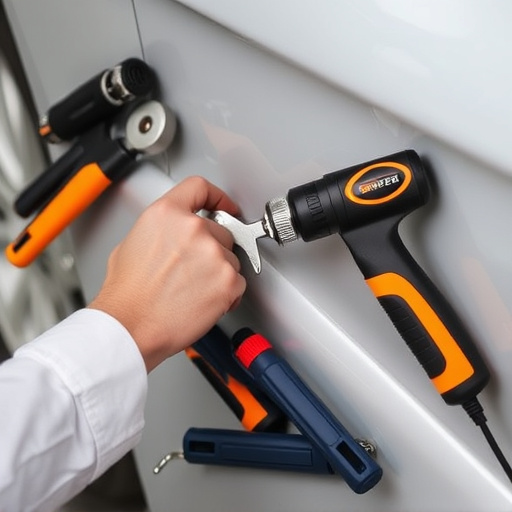
Collision damage repair shops play a pivotal role in minimizing environmental impact through efficient waste reduction strategies. By adopting green practices, these facilities can significantly reduce the amount of waste generated during vehicle bodywork repairs. One effective approach is to implement recycling programs for materials commonly used in collision repair, such as metal scraps and plastic parts from damaged vehicles. This not only lessens the strain on landfills but also contributes to a circular economy by repurposing resources.
Additionally, shops can optimize their operations through sustainable purchasing habits. Choosing eco-friendly alternatives for cleaning solutions, paints, and other consumables reduces pollution levels associated with traditional vehicle repair services. Embracing these environmental initiatives ensures that body shop services remain not just efficient but also responsible, fostering a healthier ecosystem while delivering top-quality collision damage repairs.
Collision damage repair shops can significantly reduce their environmental impact by adopting sustainable practices. By managing materials efficiently, utilizing eco-friendly techniques, and minimizing waste, these shops contribute to a greener future. Incorporating such practices not only benefits the environment but also enhances their reputation as responsible businesses in the collision repair industry. Embracing sustainability is a win-win for both the planet and the success of collision damage repair services.
